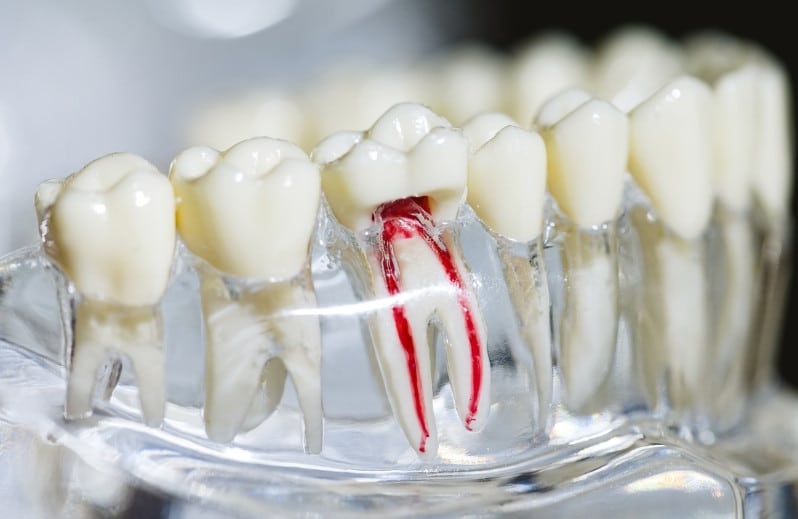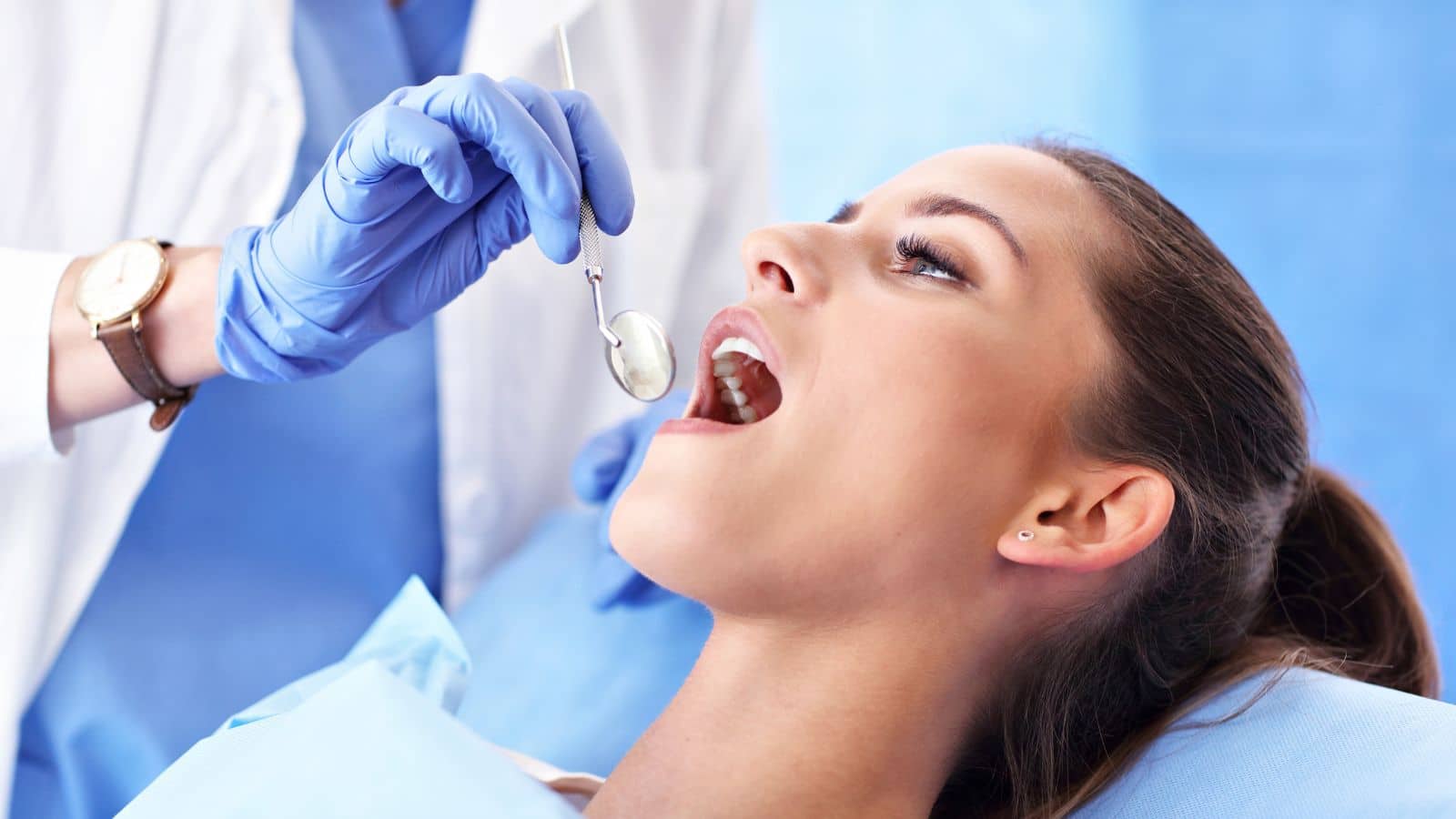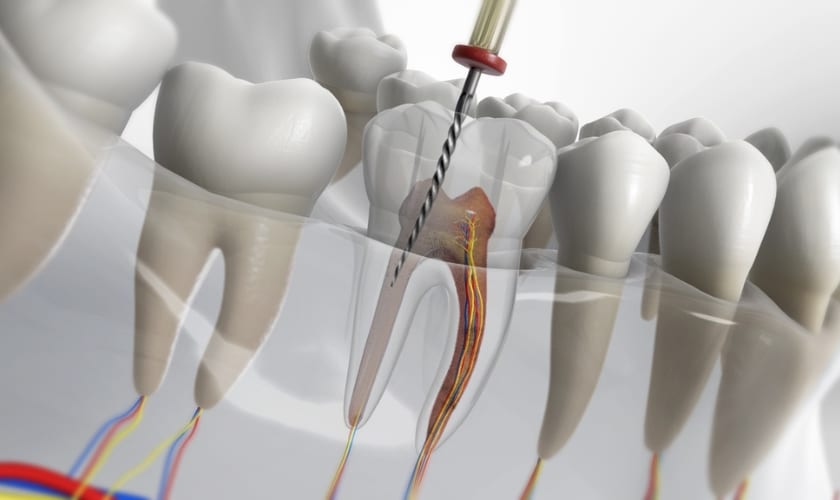
May 17, 2024
So you braved the dentist’s chair and got a root canal. Now, while you might be relieved to have that throbbing toothache gone, it’s important to be aware of the possibility of infection following the procedure. While uncommon, root canal infections do happen, and catching them early is key to a smooth recovery.
This blog from your friendly neighborhood dental experts at Randall Pointe Dental Geneva, IL, dives into the signs and symptoms of a root canal infection, empowering you to recognize them and seek timely treatment if needed.
Why Can a Root Canal Get Infected?
A root canal is performed to remove infected pulp and nerves from a tooth. However, sometimes tiny pockets of infection can linger after the procedure. Additionally, improper healing or new bacteria entering the tooth can also lead to infection.
The Tell-Tale Signs: Spotting a Root Canal Infection
Here are some key signs that your root canal might be infected:
- Persistent Pain: A root canal should bring relief from toothaches. If you experience ongoing pain, especially a throbbing or pulsating sensation, it could indicate an infection.
- Sensitivity: Extreme sensitivity to hot and cold temperatures after the initial post-operative period can be a sign of lingering infection.
- Swelling and Tenderness: Inflammation and tenderness around the treated tooth, or even facial swelling, can be indicative of an infection.
- Pimple on the Gums: A persistent pimple on the gums near the treated tooth, with or without pus drainage, could signal an infection brewing beneath the surface.
- Fever: An elevated body temperature, along with other symptoms, can point towards a more widespread infection.
- Bad Breath: A persistent foul odor or bad taste in your mouth can be a sign of infection in the root canal site.
What to Do if You Suspect an Infection
If you experience any of the signs mentioned above, don’t hesitate to contact Randall Pointe Dental Geneva, IL, immediately. Early diagnosis and treatment of a root canal infection are crucial to prevent further complications.
Here’s what to expect:
- Diagnosis: Your dentist will conduct a thorough examination, including X-rays, to diagnose the infection.
- Treatment Options: Depending on the severity of the infection, treatment options may include antibiotics, draining any pus, or even a re-treatment of the root canal.
Preventing Root Canal Infection: It’s All About Aftercare!
While root canal infections can occur, following proper post-operative care significantly reduces the risk. Here are some tips:
- Meticulous Oral Hygiene: Brush and floss diligently around the treated tooth, following your dentist’s instructions.
- Pain Medication: Take prescribed pain medication as directed to manage discomfort and prevent inflammation.
- Soft Diet: Stick to a soft diet for the first few days after the procedure to minimize pressure on the treated tooth.
- Follow-Up Appointment: Attend your scheduled follow-up appointment with your dentist to ensure proper healing.
Your Smile, Our Priority: Partnering for Optimal Oral Health (Geneva, IL)
At Randall Pointe Dental Geneva, IL, your oral health is our top priority. We understand that root canals and potential infections can be worrisome. Our team of experienced dentists is here to provide exceptional care throughout every step of the process, from root canal procedures to post-operative monitoring and infection management.
If you have any questions or concerns about root canals or suspect an infection, don’t hesitate to contact Randall Pointe Dental Geneva, IL. Schedule an appointment today and let’s work together to keep your smile healthy!
Beyond the Basics: Minimizing Your Risk of Root Canal Infection (Geneva, IL)
While the previous section focused on identifying signs of infection, here at Randall Pointe Dental Geneva, IL, we’re all about prevention! Here are some additional tips you can incorporate into your routine to minimize your risk of developing a root canal infection:
- Maintain Regular Dental Checkups and Cleanings: Scheduling regular dental checkups and cleanings allows your dentist to identify any potential problems early on. Early intervention for tooth decay or gum disease can prevent the need for a root canal altogether.
- Address Dental Issues Promptly: Don’t ignore a nagging toothache or signs of gum disease. Prompt treatment of dental problems can prevent them from progressing and requiring more complex procedures like root canals.
- Practice Good Oral Hygiene: Brushing twice a day, flossing daily, and using mouthwash as directed are the cornerstones of good oral hygiene. This helps remove plaque and bacteria that contribute to tooth decay and gum disease, ultimately reducing the risk of needing a root canal.
- Consider a Dental Sealant: For individuals prone to cavities, particularly on back teeth, dental sealants can be a great preventive measure. These thin coatings applied to the chewing surfaces of teeth help shield them from decay-causing bacteria.
- Manage Underlying Health Conditions: Certain medical conditions, like diabetes, can increase your susceptibility to dental infections. Working with your doctor to manage these conditions can indirectly contribute to better oral health.
The Takeaway: Prevention is Key for Optimal Oral Health!
By following these tips and maintaining a healthy lifestyle, you can significantly reduce your risk of needing a root canal and subsequent potential infections. Remember, an ounce of prevention is truly worth a pound of cure!
If you have any questions about root canals, infection prevention, or general oral health, don’t hesitate to contact Randall Pointe Dental Geneva, IL. Our team of dental professionals is dedicated to providing exceptional care and empowering you to achieve optimal oral health.
Schedule an appointment today and let’s discuss how we can keep your smile healthy and bright!
